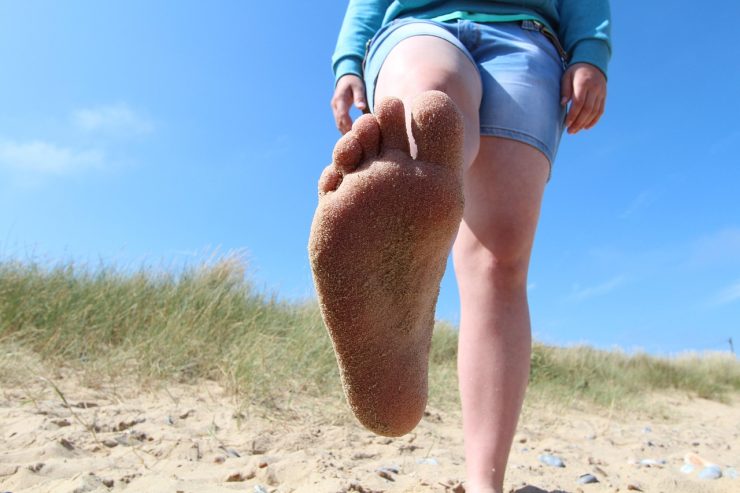What Is Edema?
Simply put, edema is swelling. It happens when tiny blood vessels (capillaries) start leaking fluid into nearby tissues, causing puffiness and bloating. While it’s most common in the arms, legs, and feet, fluid can also collect in the abdomen—or even in the lungs, which is a much more serious condition called pulmonary edema.
What Causes Edema?
Some causes of edema are pretty harmless, while others point to underlying health issues that need attention. Here are some of the biggest culprits:
Common Causes of Edema:
-
Inflammation – From allergies, injuries, infections, or illnesses, inflammation can cause fluid buildup.
-
Medications – Some drugs mess with your body’s fluid balance, including steroids, NSAIDs (like ibuprofen), insulin, and certain blood pressure meds.
-
Nutrient Deficiencies – A lack of protein or B vitamins can lead to fluid retention, especially in extreme cases like kwashiorkor (a form of severe malnutrition).
-
Electrolyte Imbalances – Sodium, potassium, and other electrolytes help regulate water in the body. When they’re off balance, swelling can follow.
-
Lifestyle Factors – Sitting too long, pregnancy, birth control pills, too much salt, and even excess sugar and carbs can all contribute.
For mild cases, increasing activity, checking hormone levels, and making dietary changes can help. But if edema is persistent or severe, it could be a sign of something more serious.
When Edema Signals a Bigger Health Issue
Edema isn’t always just an annoyance—it can be a red flag for serious health problems, including:
1. Congestive Heart Failure
Swollen ankles and feet are often a major warning sign of heart failure. When the heart struggles to pump blood efficiently, it causes fluid to back up in the legs. If it worsens, fluid can even collect in the lungs (pulmonary edema), which is a medical emergency.
2. Kidney Disease
Your kidneys play a huge role in regulating fluid and electrolytes. If they’re not filtering properly, excess fluid builds up, leading to swelling.
3. Diabetes
Uncontrolled blood sugar can lead to inflammation, stiffened arteries, and circulation issues—all of which contribute to swelling. Diabetes can also cause kidney and heart problems, making edema even worse.
4. Venous Insufficiency
Your veins have tiny valves that keep blood flowing toward your heart. Over time, these valves can weaken, causing blood to pool in your legs, leading to swelling, varicose veins, and even dangerous blood clots.
5. Lymphedema
This is a type of edema related to the lymphatic system. When lymph nodes or vessels are damaged (due to surgery, cancer, or injury), fluid doesn’t drain properly, leading to swelling—usually in the arms or legs. Left untreated, it can cause infections, thickened skin, and even increase the risk of certain cancers.
How to Treat Edema
The key to treating edema is figuring out why it’s happening. A doctor may check lab work, assess kidney function, monitor blood sugar, and make adjustments to medications or diet. In some cases, diuretics (water pills) might be prescribed to help flush out excess fluid.
For milder cases, you can try:
✔️ Moving more—especially on long flights or when sitting for hours
✔️ Watching your salt intake
✔️ Staying hydrated (yes, drinking more water helps!)
✔️ Elevating swollen limbs
✔️ Wearing compression socks for better circulation
If you’re suddenly dealing with swollen ankles or unexplained puffiness, don’t ignore it. Sometimes, it’s just a long flight… but other times, it could be your body trying to tell you something important.











